 |
 |
 |
 |
 |
 |
||
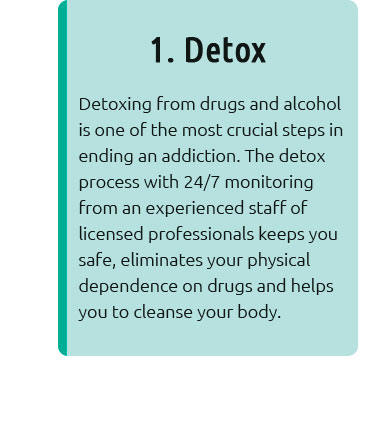 |
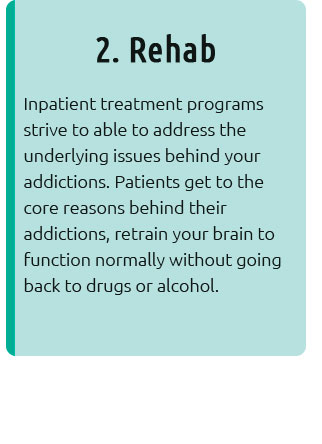 |
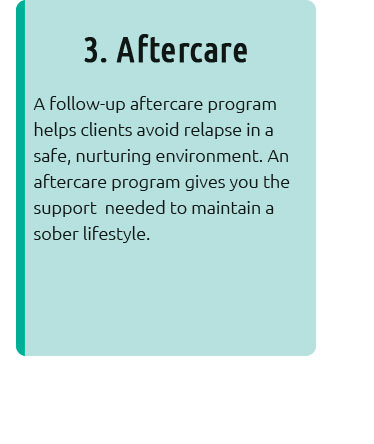 |
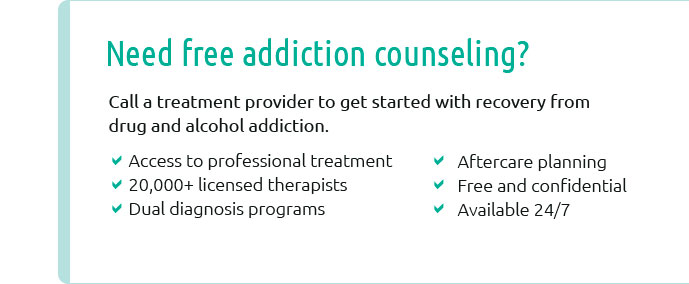 |
 |
 |
 |
||
 |
||
 |
||
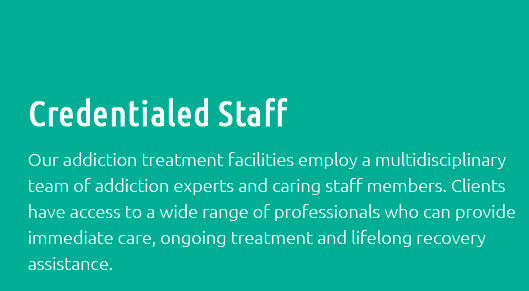 |
 |
 |
|
 |
|
|
Discover the transformative power of inpatient drug and alcohol rehab, where your journey to addictions recovery begins in an environment dedicated to healing and renewal; here, you're not just breaking free from the chains of addiction, but stepping into a vibrant life filled with purpose and potential, guided by compassionate experts who understand that recovery is not a destination but an empowering journey of rediscovery, resilience, and triumph over the shadows that once held you back.
https://ncadd-ra.org/resources/information-referral/recovery-services-in-monroe-county/
Provides research-based substance abuse and problem gambling prevention services to a diverse population through education, support, resources, advocacy and ... https://www.urmc.rochester.edu/conditions-and-treatments/outpatient-chemical-dependency-services
Strong Recovery provides outpatient treatment for substance use and related mental health disorders. We serve anyone 14 and older, using a team approach. https://startyourrecovery.org/treatment/rehab-centers/new-york/rochester
16 free treatment programs. 9 inpatient drug & alcohol rehab centers. 18 outpatient. 9 detox centers in Rochester. 5 luxury residential.
|